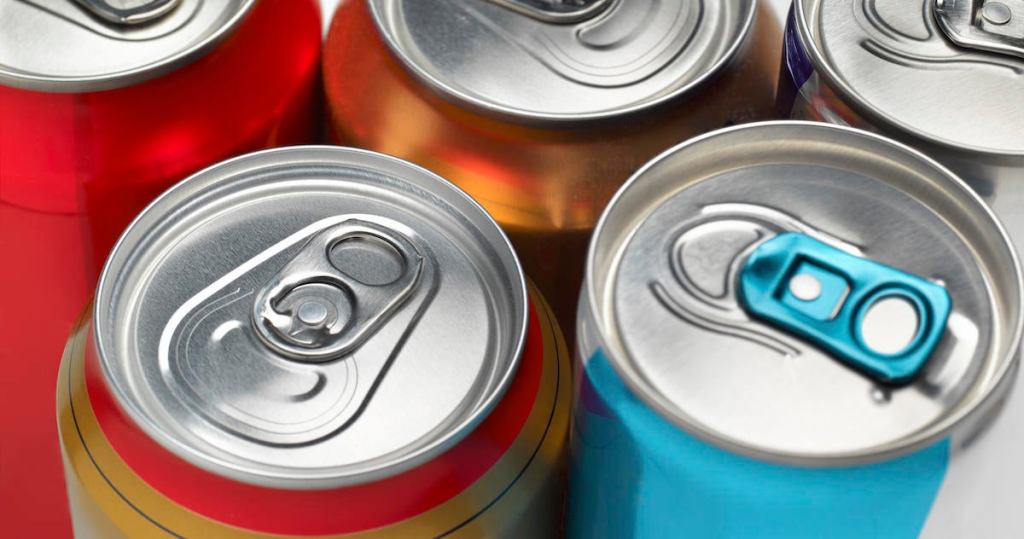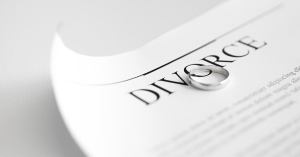The Government of Canada just added a few more drinks to a list of recalls it has been building up since this summer, but the warnings don’t apply to customers in the U.S. In December, seven more caffeinated energy drink recalls were announced by the Canadian Health Service because their labels did not list the caffeine content in both French and English. That means a total of 45 drinks are now on that list.
The seven drinks added to Canada’s recall list are ABE, Bleach T4-F, JoJo’s Bizarre Adventure Stardust Crusaders, Juvee, One Piece, Operation Phoenix and Up Time. These are a bit more obscure in the energy drink world with some novelty anime tie-in drinks and other specialties, but the list includes some of the most popular brands in the industry such as Monster, Prime and 5-Hour Energy. The recall applies to “All flavours which contain caffeine and do not have bilingual (English and French) labelling.” In bilingual areas of Canada, French-speakers could be in serious danger if they don’t know the caffeine content of their drinks.
Videos by PopCulture.com
Many of the biggest energy drink brands are represented on the list of 45 recalls in Canada right now. The warning asks vendors not to serve, sell or distribute these recalled drinks, and it warns customers not to consume them or keep them in the house where they could be found by an unsuspecting person. Those who have suffered adverse effects because of the labeling issues can find resources on the government website.
Some of the drinks also clash with Canada’s laws on caffeine content itself. The country limits the amount of caffeine in a single serving to 180 miligrams at most, but a few of the products on the list are higher than that. In the U.S., that restriction seems to be much higher, though the risks of heavy caffeine use are well documented.
Still, the recalls on these drinks refer mainly to non-compliance issues, meaning that customers who have had energy drinks in Canada or nearby parts of the U.S. are not in danger of adverse effects from contamination or illness. The recalls are meant to force these brands to create the proper labels for the Canadian market, and to tailor their products to the local laws with the right caffeine doses. Hopefully Canadians will see their favorite energy drink back on the shelves soon with labels in French and English.









